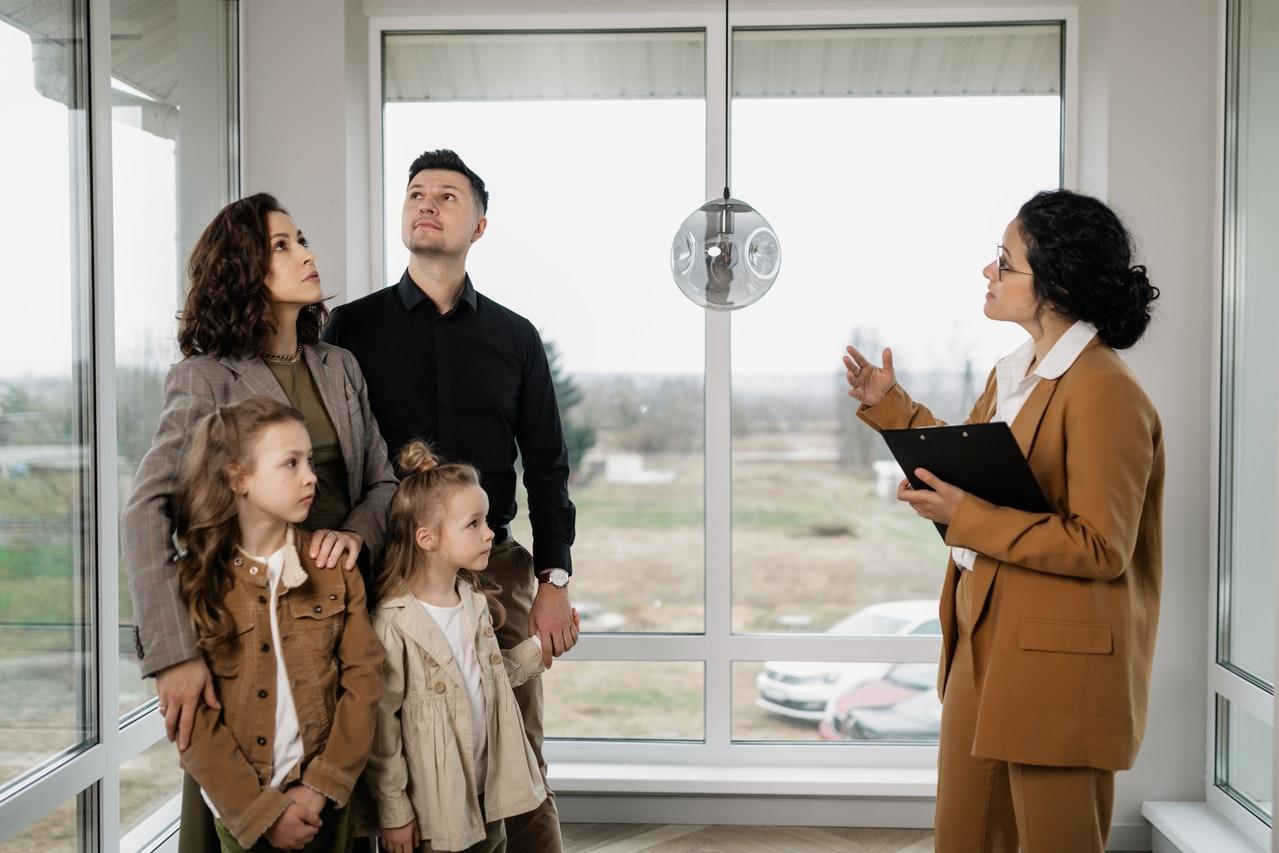Your top objective as a real estate investor is to provide excellent housing to your renters so that both parties thrive. Because the quality of your property is essential to your success as an investor, you should always check and assess the quality of a townhouse before acquiring it. A pre-purchase check is necessary in these cases to protect the safety of your investment and to choose from the best townhomes for sale in Toronto.
What Is A Home Inspection?
A home inspection is usually a visual evaluation of a house’s physical structure and systems. If faults are discovered during the inspection, you can negotiate with the seller to lower the price.
Depending on your negotiations, you can even arrange for repairs before closing. Suppose a significant issue is discovered, and you cannot negotiate a lower purchase price or otherwise reach an agreement with the would-be seller. In that case, you may elect to terminate the transaction.
A home inspection is usually scheduled shortly after the seller accepts the buyer’s offer. The house is put into escrow when both parties sign the purchase agreement. It’s worth noting that the buyer is usually responsible for paying for the inspection because it protects them from purchasing a home with significant problems.
The Inspection Checklist
Once you have your townhouse pre-purchase inspection scheduled, you need to be aware of some aspects you should emphasize when analyzing the potential investment.
Personal Inspection
When a home is for sale, there will usually be an inspection so that potential buyers can get a sense of the rooms, their layout, and any potential flaws. When examining a home on your own, keep in mind things like the neighborhood’s overall character, if there are any large development projects nearby, and whether the house is close to services and amenities that are essential to you, such as public transportation, schools, and parks.
During the inspection, you may want to consider whether the property has enough parking for your needs and whether it is in a flood zone. You might even want to examine the taps yourself to see how strong the water pressure is and whether there is any mold or signs of termite activity. In terms of the property, you should consider noise and natural light and check the light switches and door hinges to see if they work properly.
Building Inspection
After you’ve researched and vetted your alternatives, you should hire a professional home inspector who understands what to check for in each room. Understanding what the inspector is looking for, on the other hand, might help you ask questions to determine if the place is right for you. A building inspector will check the following:
● Plumbing
● Doors and windows
● Roofing, gutters, downspouts
● Fences and retaining walls
● Garages, carports, and garden sheds
● Stairs, floorboards, and structural support beams
● Water drainage on the property
● The presence of asbestos and more
Pest Inspection
A pest inspection is a visual inspection conducted by a qualified expert to determine any presence of pests on the property. It is commonly done in conjunction with a building inspection. A pest inspector may be able to discover signs of a current or previous pest infestation, such as termites and borers, and should assess any damage they may have caused to the property.
A pest inspector can give recommendations or suggest strategies for dealing with a pest problem and perhaps preventing one in the future.

“Proud thinker. Tv fanatic. Communicator. Evil student. Food junkie. Passionate coffee geek. Award-winning alcohol advocate.”

